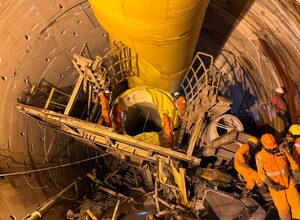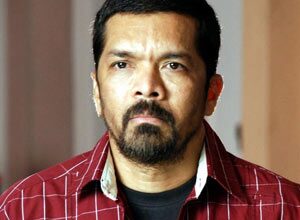Amid ‘good neighbourliness’ barb, India to continue grant-in-aid for Dalai Lama’s panel till 2025-26
New Delhi, Oct 19 (IANS) External Affairs Minister S. Jaishankar’s “missing good neighbourliness” nudge to China during his address at the SCO Summit in Islamabad seems to be in consonance with New Delhi’s firm diplomacy that is also reflected in the Indian government’s decision to continue providing a grant-in-aid to Tibetan spiritual leader the Dalai Lama’s CTRC till 2025-26.
The Ministry of Home Affairs has made provision for a Rs 40-crore grant-in-aid for the Central Tibetan Relief Committee (CTRC) for a five-year period ending 2025-26. As per a 2019 census by the CTRC, the population of Tibetan refugees in India was 73,404.
China objects to India’s continued support for the Dalai Lama as it views him as a political exile rather than a purely religious figure, accusing him of engaging in anti-China separatist activities.
Despite China’s uneasiness, the Government of India claims the Dalai Lama is a revered religious leader and is deeply respected by the people of India. “His Holiness is accorded due courtesies and freedom to conduct his religious and spiritual activities,” according to an official MEA brief.
The MHA’s grant-in-aid for the Dalai Lama’s CTRC is used for expenses on administrative and social welfare activities of 36 Tibetan Settlement offices located in different states. An amount of Rs 56 crore was released for the CTRC during FY 2015-16 to 2021-22.
Tibetan refugees began pouring into India in the wake of the flight of the Dalai Lama in the year 1959 from Tibet. The Indian government decided to give them asylum as well as assistance towards a temporary settlement.
The majority of these refugees have settled themselves, either through self-employment or with the government’s assistance under agricultural and handicrafts’ schemes in different states of the country.
A major concentration of Tibetan refugees is in Karnataka (21,324), Himachal Pradesh (14,952), Arunachal Pradesh (4,780), Uttarakhand (4,829), West Bengal (3,076), and UT of Ladakh (6,989).
In order to bring about uniformity with respect to extending various facilities by the Central Government and State Governments to the Tibetan refugees settled in different parts of the country, the MHA has issued the Tibetan Rehabilitation Policy, 2014.
–IANS
rch/uk




